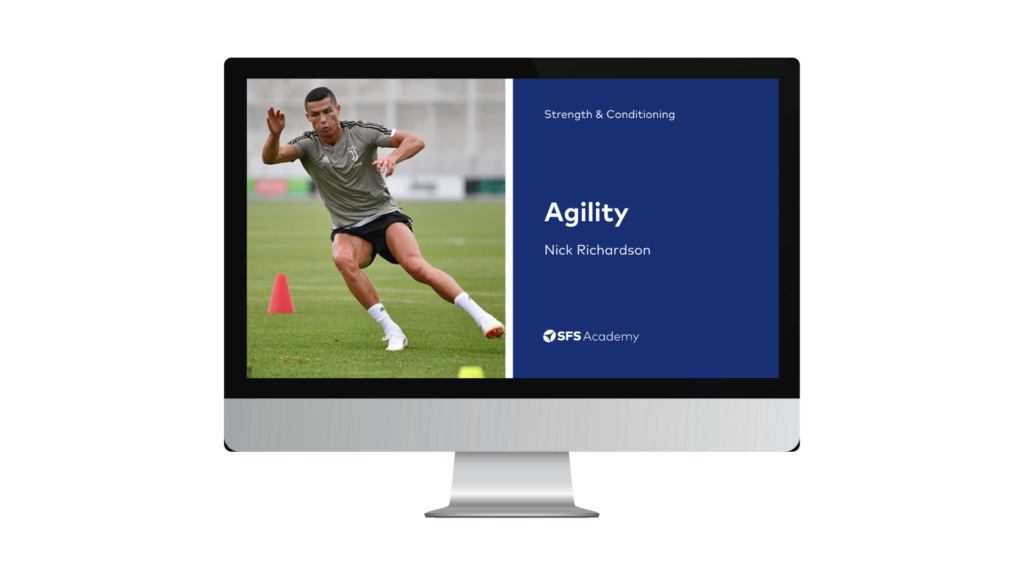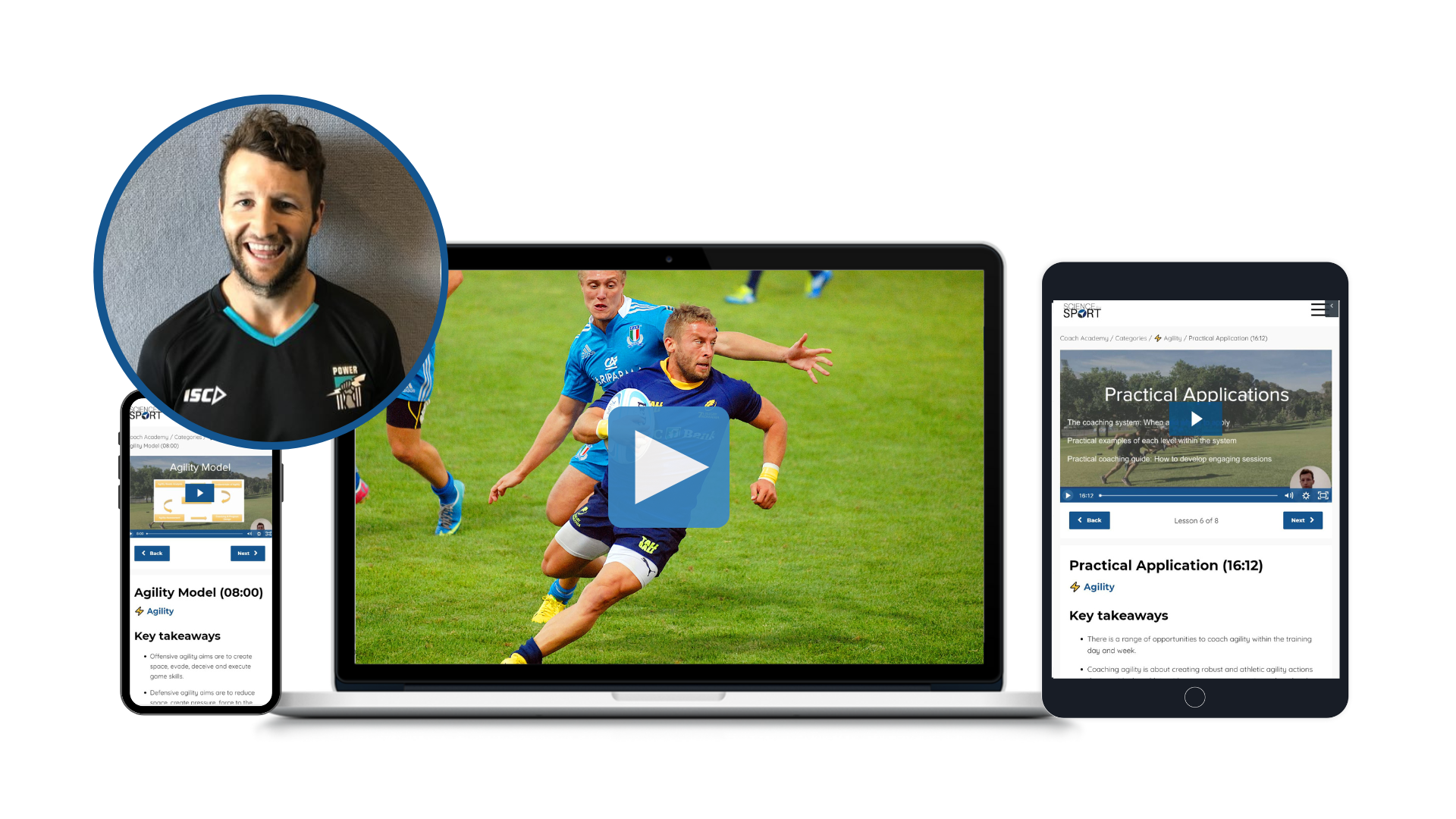Are You Periodising Your Career?
Simplify and structure the overwhelming task of mapping out your career pathway.
- Introduction
- What is Career Periodisation?
- What are Industry-specific Career Competencies?
- How Do I Periodise My Career?
- Summary
- About the Author
- Comments

Introduction
We are fortunate as coaches, nutritionists, physios, athletic trainers, personal trainers or something in between, that we have a fairly good idea of what periodisation is in the context of either seasonal, quadrennial or long-term athletic development.
What we are going to address in this article is a couple of key topic areas which can help you turn a NO into a YES at an interview, separate yourself from the crowd and make professional decisions that you in 10 years will thank you for. First, let’s discuss a working definition of career periodisation.
What is Career Periodisation?
‘Career periodisation is quite simply breaking down the core competencies of your field into smaller manageable chunks in order to map out your career’.
To dumb it right down, it is basically building a progressive and structured plan for our professional development and career development, just using cute wording which means something to our industry ‘Career Periodisation’.
It isn’t taught at school, college, university or anywhere for that matter in a formal context. We are just expected to know or figure it out ourselves without any real authority offering a guide, some principles or definitive advice and resources. That is why we spend so much energy on trying to figure out what we want to do, making decisions that aren’t in line with our core values and picking up the pieces from the poor decisions we made 3, 5 or 10 years earlier. So, in this article, we are going to take a deep dive into how you can build a blueprint for your career which allows you to grow as a person and practitioner. Our goal is to give you some tools which may help to prevent that professional and compassionate burn out which is all too common in us performance practitioners.
‘You can do anything; you just can’t do everything.
The same goes for our athletes, they can work on any single physical quality whilst in or out of competition. But they cannot do that without experiencing diminishing returns on each other or the outcome (competition in this instance). The art of building a good performance program that works exactly when it needs to is creating a balanced and structured program that prioritises the right areas of preparation at the right time. We can discuss this in terms of physical qualities or more holistically in terms of mental performance skills, nutrition, recovery etc.
This process of periodising for our athletes gives them the greatest potential to optimise performance at game time. Now, let’s take this example and swap out athlete, competition and physical qualities and replace them with your career development, interview/promotion and industry-specific core competencies. Here is that paragraph again with some replacements:
‘You can work on any single core competency, but you cannot work on each area simultaneously without experiencing diminishing returns on another area. The art of career periodisation is to prioritise the core competencies of your development, so you have the ability to utilise the skills exactly when you need to’.
If you can work out which areas need the most amount of attention first and which can open the most number of doors for your future then you are well on you way to getting ahead of the pack.
[optin-monster-shortcode id=”zmduwq9qz4orwfm5dng4″]
What are Industry-specific Core Competencies?
They are the outcome of your industry needs analysis. These are the key elements of any career field which can make the difference between you landing in the no pile or the yes pile, they will see you develop and grow as a balanced and rounded practitioner who is setting themselves up for a solid long-term pathway.
These are non-exhaustive and have been chosen specifically because they represent the basics such as the obvious underpinning knowledge and experience, but also the non-technical skills that trip so many people up along the way like communication and networking. They have applications to all departments and career fields, but you may wish to alter them slightly to be even more specific to your domain.
Experience – Internships, mentorship, shadowing, developmental opportunities
Employment – Paid positions, full time and/or part-time
Networking – Contacts made, names, numbers, conversation log, follow-ups, mentors and support network
Qualifications – Professional qualifications
Professional Development – Industry-specific certifications, webinars, courses, study
Communication – Defined development around understanding people and yourself to communicate your message
Professional Reading – Industry-specific books, podcasts, articles
How do I periodise my career? – The concept is simple, but it is not easy. It is exactly the same as writing a 1, 3 or 5-year plan for our athletes. Just the same as our athletes might get injured, lose form, lose sponsorship or a global pandemic grinds competition to a halt. Life happens for performance practitioners. Ever experienced any of these thoughts and feelings?
- I don’t know what I want to do
- I know what I want to do, I just don’t know how to achieve it
- I have never really been taught how to work back from my goal
- I’m not sure if I should stay or go in this role
- Everyone else seems to be so much further ahead than me
- I keep getting rejections or not even contacted back and I don’t know why
The answer to one or all of these thoughts and feelings is to engage in 2 clear activities.
How Do I Periodise My Career?
The concept is simple, but it is not easy. It is exactly the same as writing a 1, 3 or 5-year plan for our athletes. Just the same as our athletes might get injured, lose form, lose sponsorship or a global pandemic grinds competition to a halt. Life happens for performance practitioners. Ever experienced any of these thoughts and feelings?
- I don’t know what I want to do
- I know what I want to do, I just don’t know how to achieve it
- I have never really been taught how to work back from my goal
- I’m not sure if I should stay or go in this role
- Everyone else seems to be so much further ahead than me
- I keep getting rejections or not even contacted back and I don’t know why
The answer to one or all of these thoughts and feelings is to engage in 2 clear activities.
- Define your guiding principles.
Your guiding principles are a set of personal values and visions which act as a lighthouse for you when things get rough or the visibility on the route isn’t so clear. Your guiding principles make tough decisions easier to navigate and bring you closer to career happiness and fulfilment as you start to make decisions for the right reasons.
Personal Values
A belief or value which motivates your behaviour. Examples might include kindness, health, learning, success, competitiveness and adventure. Attaching some conscious thought to identifying these can help you to live and act by them.
Personal Vision
A personal vision is a broad stroke goal/set of goals that you would like to do in the future, both personally and professionally. Personal and professional must go hand in hand. Personal visions often start with people saying ‘I would love to….’ or ‘I want to….’. Examples may include earning I would love to earn x amount, managing a team, working under a mentor, not live paycheque to paycheque, I want to not bring work home and have my weekends free.
The free cheat sheets are an appendix to this article and will help you to establish your guiding principles.
- Download the free 5 year and 1-year career blueprints HERE and start building your pathway
Writing a 5-year plan is a bit like taking a trip around the world, you might know the continents you want to go to, then the countries and the specific places come later. If you write in line with your guiding principles, then you’ll create a plan which is true to you and what you want.
The 5 year and 1-year periodised planners are designed to give you a guide, a bit like a GPS mapping out your route, you still have the opportunity to stick to the route or to take an opportunity as it presents itself.
Top tips for using the periodised planners:
Part 1:
- Study the example 5-year planner (written for a Breaker strength & conditioning coach)
- Print out the A3 blank 5-year planner
- On a separate piece of paper write some goals down such as complete MSc, part-time paid employment, pass industry accreditation exams. Spread the goals out
- Transfer your goals to the blank planner at the top
- You now have some big rocks in place. Start with those big rocks and reverse engineer the outcome until you get down to annual action items such as complete personal training qualification this year.
- Consider what core competencies you can work on simultaneously, for example, listen to a podcast on improving listening skills and apply in the workplace
- Use the accountability statistics to hold your feet to the fire and create an objective metric for the stat lovers amongst us
Part 2:
- Study the annual plan example (written for a Breaker strength & conditioning coach)
- Print out the A3 blank annual plan
- Use the content from your 5-year planner to begin breaking down the goals from year 1
- Again, reverse engineer the 1-year goals down into quarterly actions and fill in the slots
- Consider if there is a way for you to work on multiple core competencies simultaneously, for example, contact someone you wish to network with and offer to do some data analysis for them concurrently expanding your network and your data analysis skills
- Use the accountability statistics to hold your feet to the fire and create an objective metric for the stat lovers amongst us!
Summary
The formalised concept of periodisation has been around for decades in sport, business and the military. It is time we use the principles and apply them to our career development.
No one else is going to do it for you, so build your career in the way that you want, which will make you happy and fulfilled in and out of the workplace.
[optin-monster-shortcode id=”czosk0qsqzzsryj6gwot”]



